Found 38 movies, 5 TV shows, and 0 people
Can't find what you're looking for?
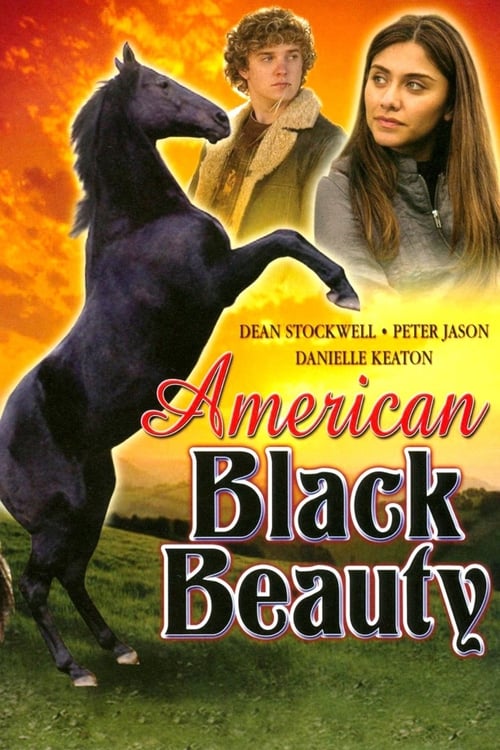
After her father dies in a horse riding accident, a displaced city girl named Cheryl is sent to live with a foster family on a farm in the country. Here she meets a magnificent horse. Cheryl learns to face her fear of horses and manages to race once again.

David Driskell, the pathbreaking art history professor and artist, is the focus of Hidden Heritage: The Roots of Black American Painting. He made it his life mission to trace the work of Black artists from the American Revolution to World War II, by placing the artists' individual achievements in the context of social change, abolition of slavery, Jim Crow laws, racial violence and segregation.

James Earl Jones narrates this examination of the historical relationship between American Indians and African-Americans, who often merged their cultures to work and live together while mainstream white society shunned them. Through illuminating anecdotes and interviews, descendants of fused black and Indian families discuss the complications of their mixed heritage and how their culture was largely erased on official documents.
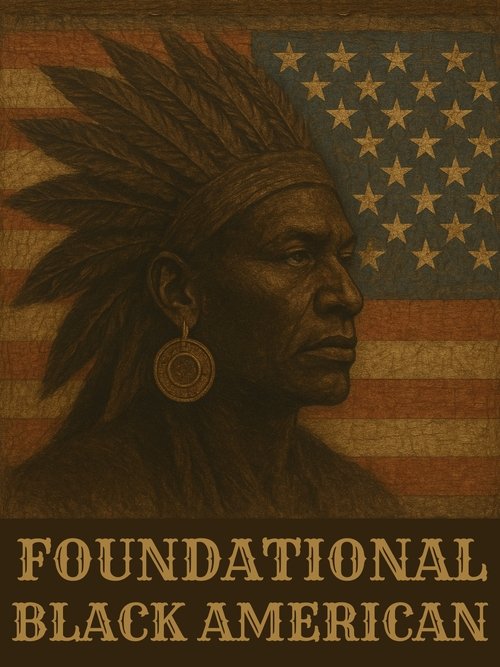
Uncover the hidden history of Foundational Black Americans and Black Indians-present before Columbus and vital to building the U.S.-in this powerful documentary that reclaims a buried legacy.

Comedy / Music/Musical / Other - The film was made by 'Sepia Productions' which company sought in part to present images of African Americans not seen in white-produced movies. The plot of this short film is that the upstairs border, Adam Jones, has been seen sneaking in the house late at night with round packages, which starts the rumor that he's building an atom bomb in his room.

"Who voted for Donald Trump? Who voted for Barack Obama? What’s it like seeing a black person wearing a MAGA hat? Has the black vote been taken for granted? "Black conservatives and liberals hash it out in the VICE Office."
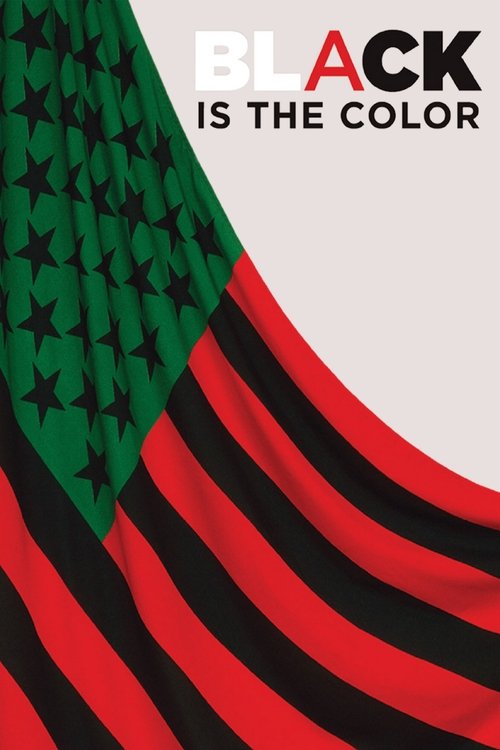
Black Is the Color highlights key moments in the history of Black visual art, from Edmonds Lewis’s 1867 sculpture Forever Free, to the work of contemporary artists such as Whitfield Lovell, Kerry James Marshall, Ellen Gallagher, and Jean-Michel Basquiat. Art historians and gallery owners place the works in context, setting them against the larger social contexts of Jim Crow, WWI, the civil rights movement and the racism of the Reagan era, while contemporary artists discuss individual works by their forerunners and their ongoing influence.

White Powder, Black Power is the story of how the illegal drug economy was the first truly significant capital building tool for African Americans.

This is the story of the first African American artist to earn worldwide acclaim.

In America, if you're black, you're five times more likely to go to prison than if you’re white. And the typical white family has eight times the wealth of the typical black family. Fifty years on from the promise of equality and the Civil Rights Act, this documentary reveals the moments where America had the chance to become more equal and why that didn’t happen. Through compelling interviews with those who were at the forefront of the struggle for a fair system in education, housing and criminal justice, the film reveals the key court cases, Supreme Court rulings and laws that failed to bridge the gap. It gives us the shocking context to the anger felt by the millions of people who took to the streets during the Black Lives Matter protests. The movement was not just calling for an end to police brutality but also asking for something that had been pledged 50 years ago: racial equality.

A survey of the range of Black American art, this film traces the African influences in the first generations of work in America, the widening range of work produced in the slave era, the early struggles for serious recognition in the 19th Century and the important work of contemporary artists. Painters, sculptors, cabinet makers, potters, builders and other artisans are represented. Joshua Johnson, Henry Tanner, Romare Bearden, Charles Alston, Selma Burke, John Rhoden, Charles White and John Biggers are some of the artists featured.
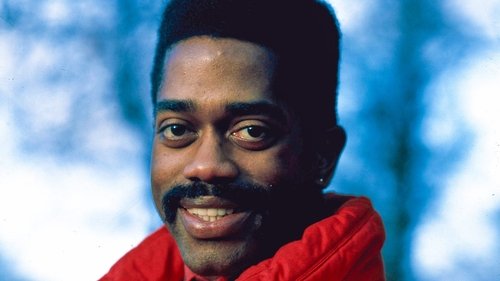
A selection of some of the best performances by African-American artists of the 1980s from the BBC archives, featuring Cameo, Shalamar, Salt-n-Pepa, Chaka Khan, Kid Creole, Doug E Fresh, Whitney Houston and Luther Vandross.

This intimate film follows six Afro-Native Americans from around the U.S., as they reflect upon the personal and complex issues of Native and African heritage, ethnic identity, and racism within communities of color.

Setting the Record Straight is a unique view of the religious and moral heritage of black Americans, with an emphasis on the untold yet significant stories from our rich political history. The material presented is ground-breaking and revolutionary, leaving viewers amazed and inspired.

Redefining race relations through public discourse made legends of the two men profiled here: multitalented performer, writer, athlete and civil rights activist Paul Robeson, and literary giant Richard Wright (Native Son). For Robeson, this propensity ultimately cost him his career, leading to his blacklisting during the McCarthy era. For Wright, it fueled a body of work that brought the experience of being black in America to the world at large.

Setting the Record Straight reintroduces this generation to the forgotten heroes and untold stories from our rich African American political history.
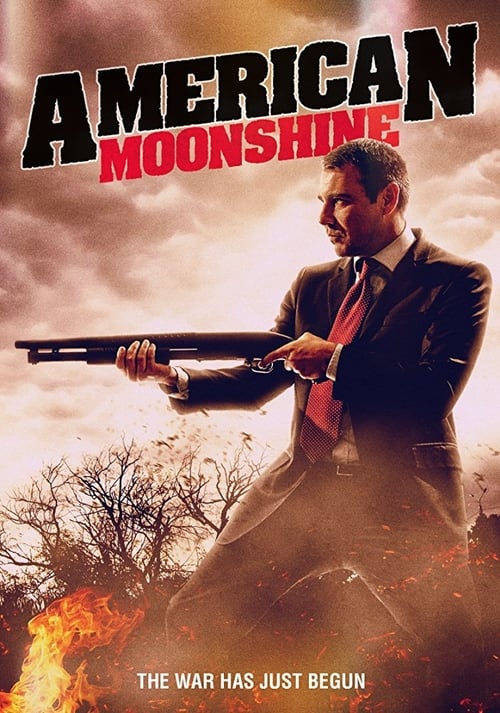
In a small rural town hit hard by the Depression, Katie Connors resides in a middle-class home with her bootlegging husband Melvin. When the opportunity arises to bump him off without getting her hands dirty, she takes a chance she may never get again. After his murder at the hands of criminal Richard Hayden, she begins to receive inopportune visits by Melvin's old business partners about a large shipment of moonshine in her possession. Contacting the FBI for help, agent Ron Sheridan is assigned to her case and develops an unrequited love for Katie. But when a full-scale war develops, she learns the FBI may not be much help to her as she thought, and Katie must take matters into her own hands to pay off her husband's debts for good.
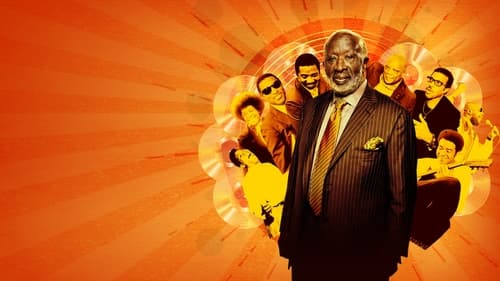
Follows the life of Clarence Avant, the ultimate, uncensored mentor and behind-the-scenes rainmaker in music, film, TV and politics.
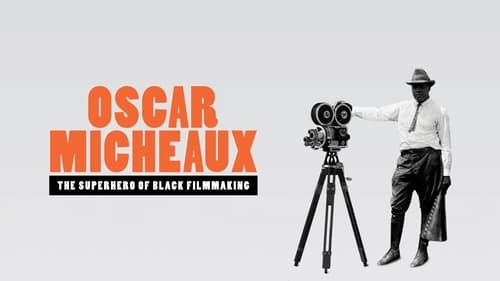
A look at the extraordinary achievements and contemporary legacy of Oscar Micheaux, a pioneer of the African-American film industry.

A documentary chronicling the pioneering efforts of black filmmaker William D. Foster in the early years of the industry and Oscar Micheaux's controversial impact on the subsequent "race movies".
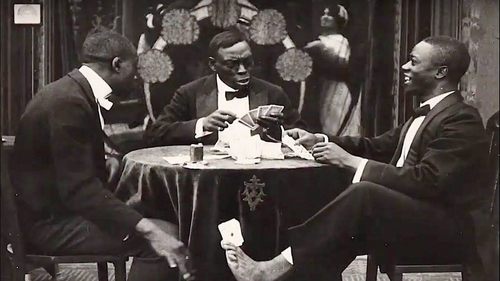
Sam the white-washer pines for the affluent Lindy, but she has dumped him in favor of another. Sam finds a large sum of money, and goes to New York to enjoy a shopping spree, buying new clothes, jewelry and a car with a driver. Back home, Lindy flips for Sam and his newfound wealth, and dumps the rival. Sam throws an engagement party where he indulges in a friendly game of cards with his former rival and another man, who unbeknownst to Sam, is a card shark.
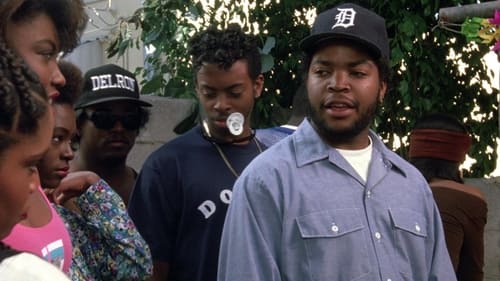
In the middle of the Los Angeles ghetto, drugs, robberies and shootings dominate everyday life. During these times, Furious tries to raise his son Tre to be a decent person. Tre's friends, on the other hand, have little regard for the law and drag the entire neighborhood into a street war...
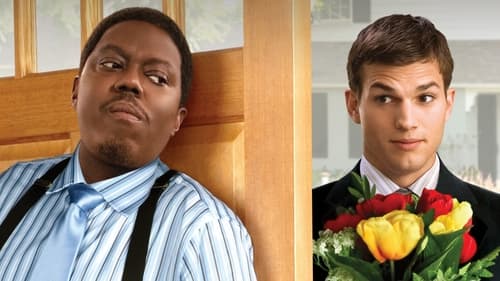
When a young African-American woman brings her fiancé home to meet her parents, she's neglected to mention one tiny detail – he's white.

Originally founded as Freedman’s Town after the Civil War, The Fourth Ward is one of the oldest and most culturally significant black communities in Houston, Texas. In the 1970s, the city along with big business interests planned to redevelop the Fourth Ward in order to revitalize the dilapidated real estate and freshen the image of downtown Houston. The price of progress in this case would be the removal of many poor black families. The film explores a complex series of encounters with elected city officials, businessmen and the people of Fourth Ward in order to better understand how a city like Houston works. Who makes the decisions about where resources are spent and so determines the growth and wealth of the community.
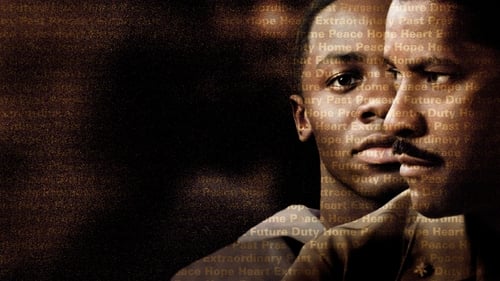
A sailor prone to violent outbursts is sent to a naval psychiatrist for help. Refusing at first to open up, the young man eventually breaks down and reveals a horrific childhood. Through the guidance of his doctor, he confronts his painful past and begins a quest to find the family he never knew.

Did you know that the first cowboys were black? Using magnificent archives and testimonies from historians, Cécile Denjean restores justice to African-Americans in the story of the conquest of the West.

World renowned journalist, and award-winning filmmaker Rahiem Shabazz presents the third installment of his docu-series Elementary Genocide: Academic Holocaust. The first two documentaries in the series; The School To Prison Pipeline and Elementary Genocide 2: The Board Of Education vs. The Board of Incarceration received critical acclaim and launched Shabazz as a political pundit and academic ambassador for the African American community. Elementary Genocide: Academic Holocaust adds more statistical proof of the scholastic inequalities faced by Original people around the country. The documentary revisits the importance of education and its impact on self-image, family structure, financial freedom, and the collective future of African/indigenous people in America and abroad.

The story of Dr. George Washington Carver (1864-1943), black educator and horticulturist. He is perhaps most well known for developing over 140 products from all parts of the peanut plant, including the shells and husks. He also developed products based on sweet potatoes and soybeans, and developed a cotton hybrid that was named after him.

In the 1980s and 1990s, an epidemic of crack cocaine addiction ravaged African American communities across the United States. Crack is extremely addictive, a trap that can lead to homelessness and an early death. Black addicts in Atlanta, Georgia tell us about their addiction, their past, and their struggles with police.
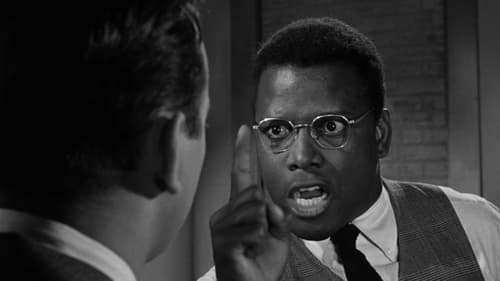
An African-American prison psychiatrist finds the boundaries of his professionalism sorely tested when he must counsel a disturbed inmate with bigoted Nazi tendencies.
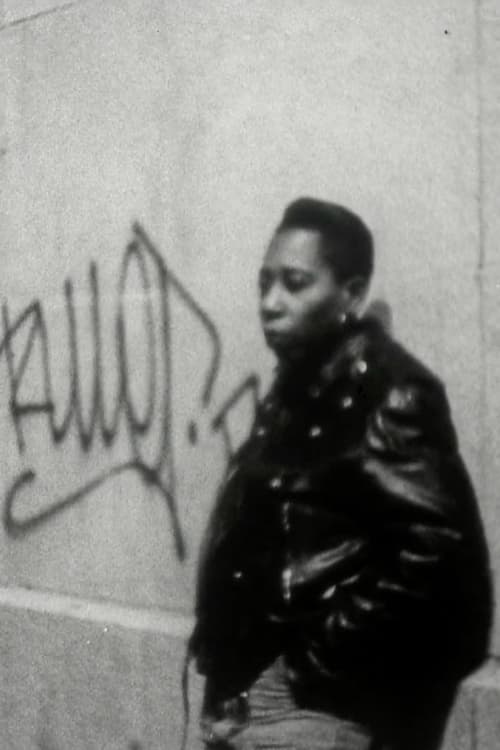
Mediations of a black lesbian grappling with the memory of an attack that makers her wary about being out on the street.

Rahiem Shabazz continues the conscience-raising dialogue generated by his acclaimed documentary Elementary Genocide: The School To Prison Pipeline with his equally hard-hitting Elementary Genocide 2: The Board of Education vs The Board of Incarceration. The Board of Education vs The Board of Incarceration uncovers the true purpose of today’s educational system and how it’s failing the African child. Going beyond the school-to-prison pipeline headlines and conspiracy theories, The Board of Education Vs. The Board of Incarceration proves that something sinister is afloat by digging deep to explore its origin, its existence and how to plot its destruction to save every Black child.
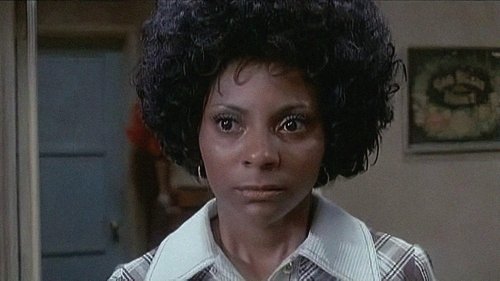
An aspiring dancer and her two wicked sisters resent their mother's love for a foster daughter.
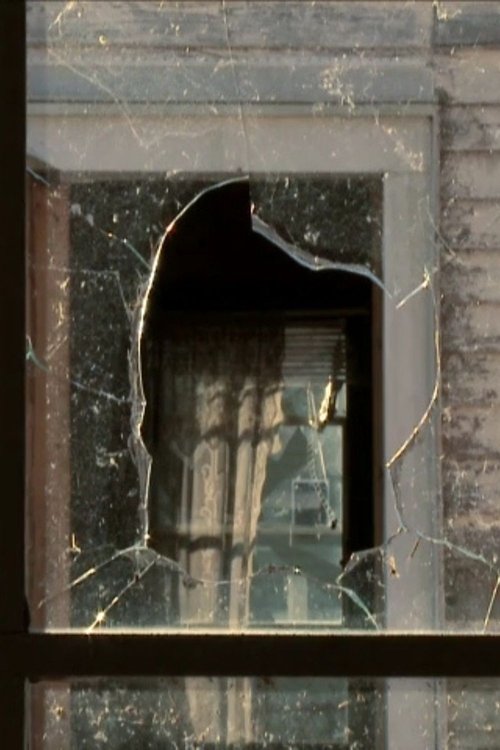
THE LOWER 9: A STORY OF HOME showcases four determined Lower Ninth Ward residents who share their most intimate stories of home, as they resume their lives years after Hurricane Katrina ravaged their neighborhood. Each story finds a voice in a narrative that intersperses contemporary interviews, abstract cinematography of destruction, and powerful scenes of present, everyday lives.
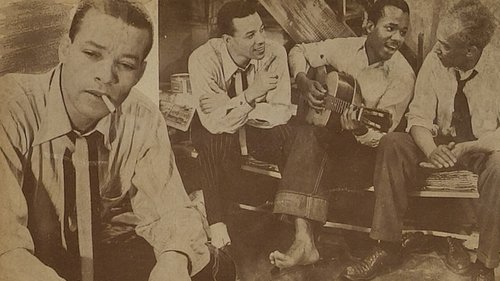
Unsuccessful gambler 'Dollar Bill' Burton lives in a crummy New York basement room with old friend Bob and a new roommate, friendly blues singer 'Alabama' Lee. But, tired of being broke, Dollar Bill gets more steady employment...doing illegal errands for gangster Bad Boy George. The now prosperous Bill ignores pretty, adoring Etta and takes up with sultry singer Regina. Will Bill's way of life catch up with him? Will his upright friends be more successful in the end?
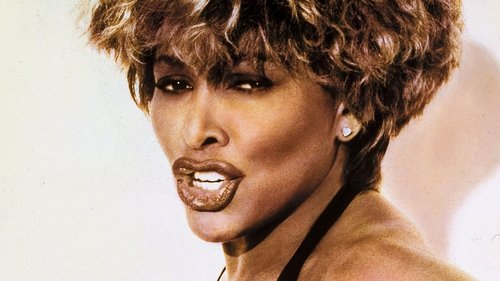
Hardly any other world star has left such a profound mark on people's hearts and on music history. This documentary traces the influence of an exceptional artist and follows the paths she paved for a new generation of Black artists.
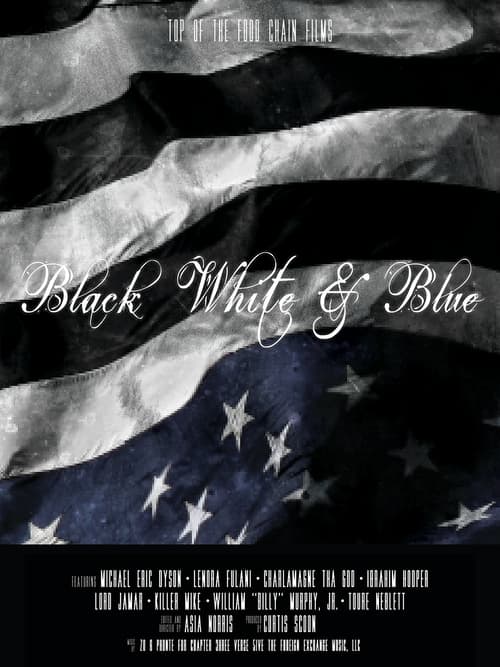
Black White & Blue covers race issues in America, police brutality, the Black Lives Matter movement, the Flint Water Crisis, and the 2016 election of President Donald Trump. The film features one-on-one interviews with notable African-Americans: Michigan Senator Coleman Young II, Baltimore attorney William "Billy" Murphy Jr., rapper Killer Mike, former NYPD Officer Michael Dowd and others.

Elementary Genocide is a documentary executive produced by award winning journalist/filmmaker Rahiem Shabazz. The documentary appeals to a wide general viewership by addressing the social, cultural, political and personal ramifications of how the federal government allots money to each state, to build prions based on the failure rate of 4th and 5th graders. In America, where half of the 4th grade is reading below grade level and more African-American males are in jail than are in college, Elementary Genocide serves as a striking reminder of a flawed system in need of repair.